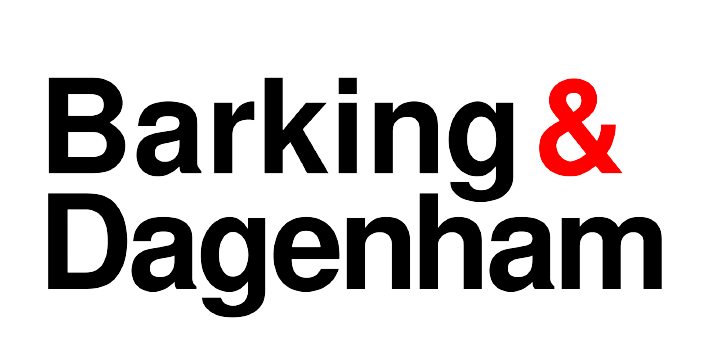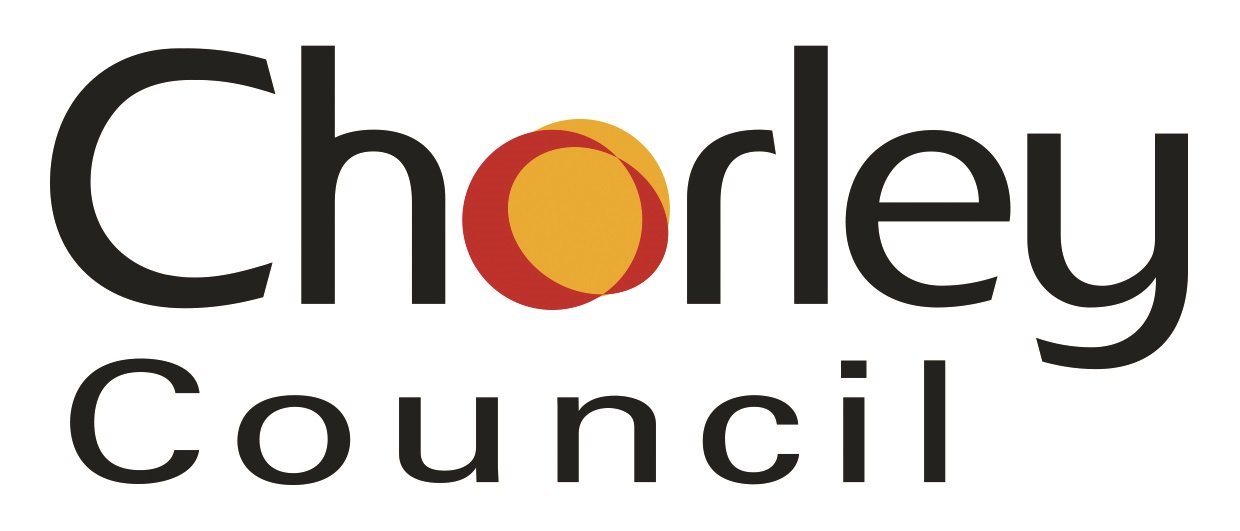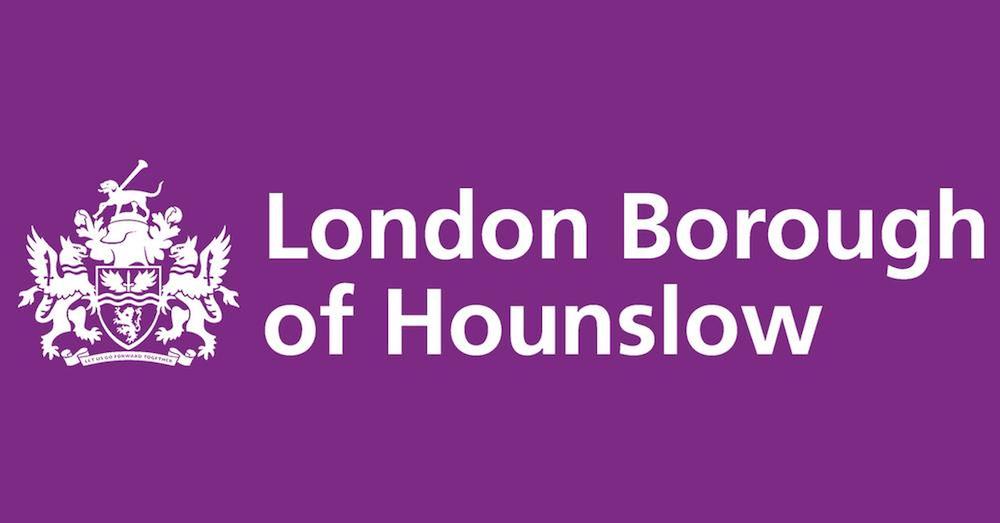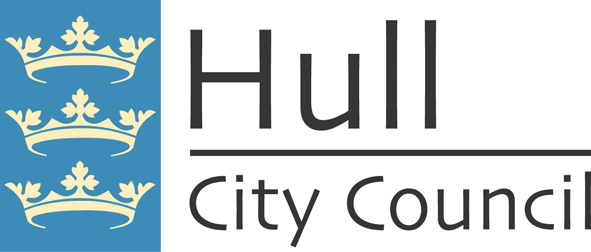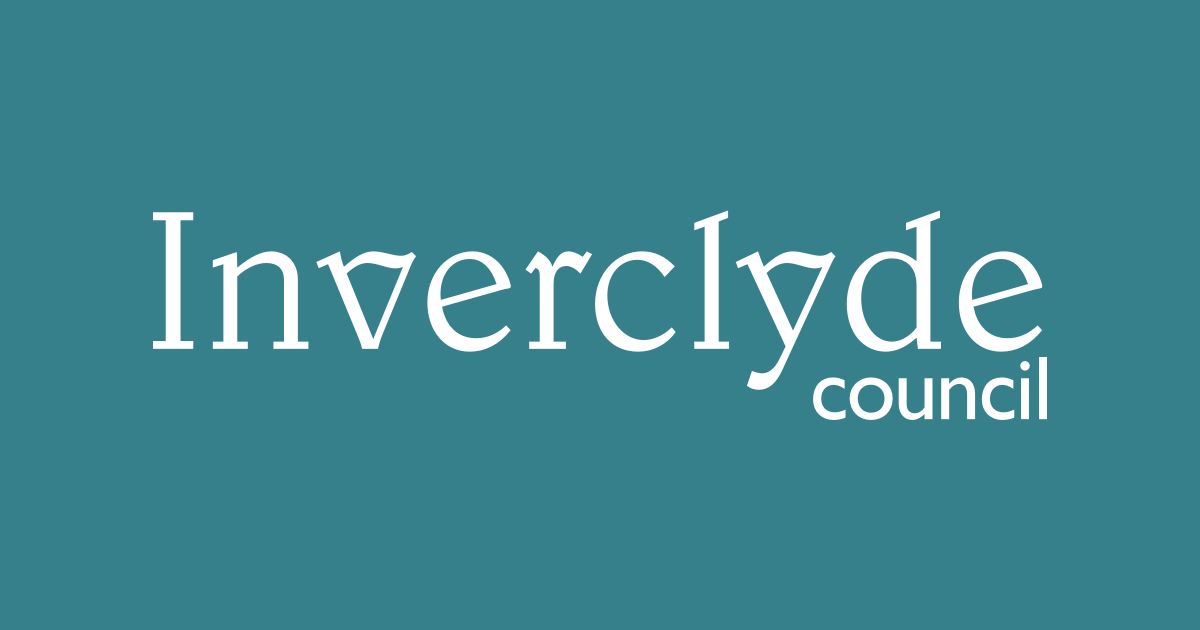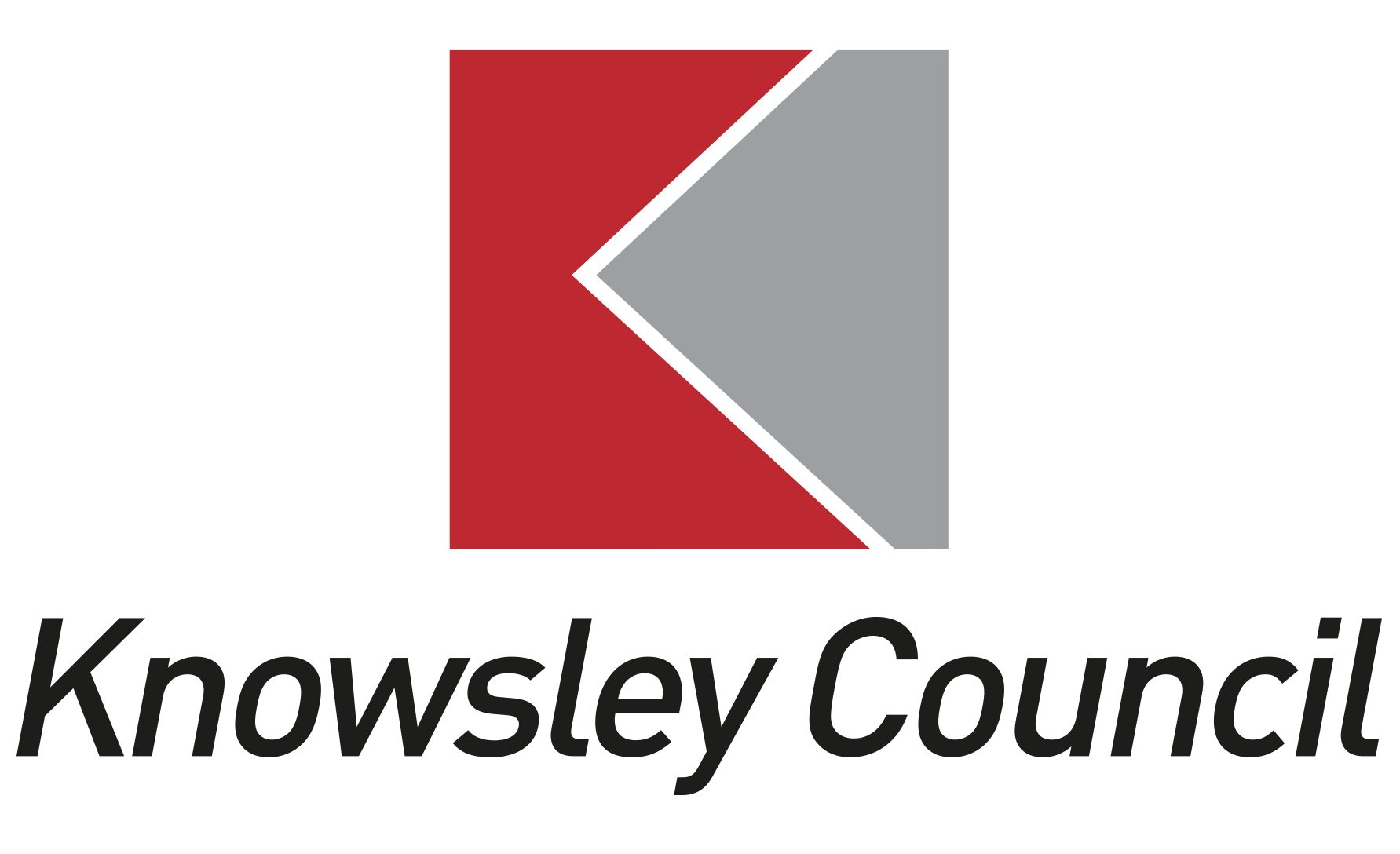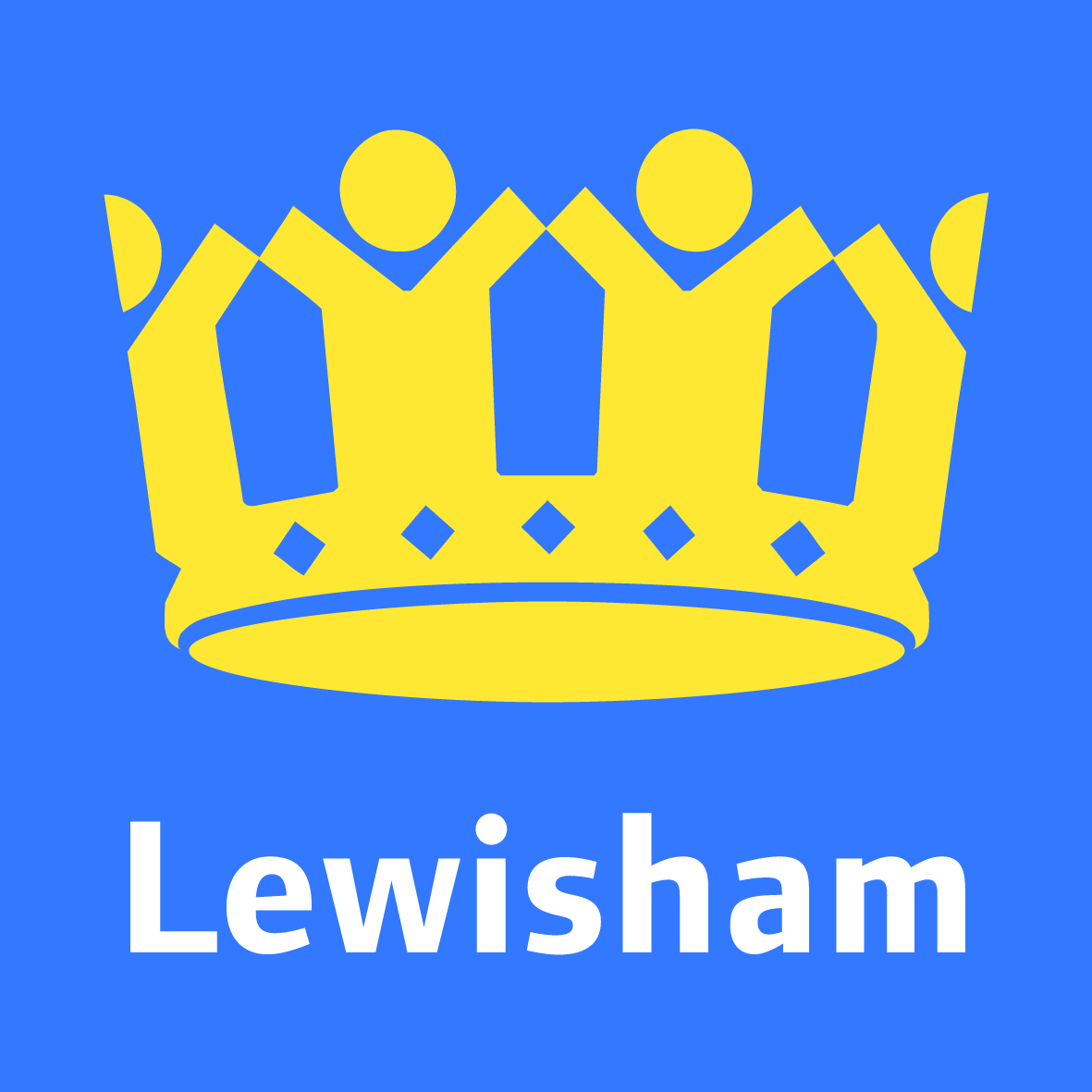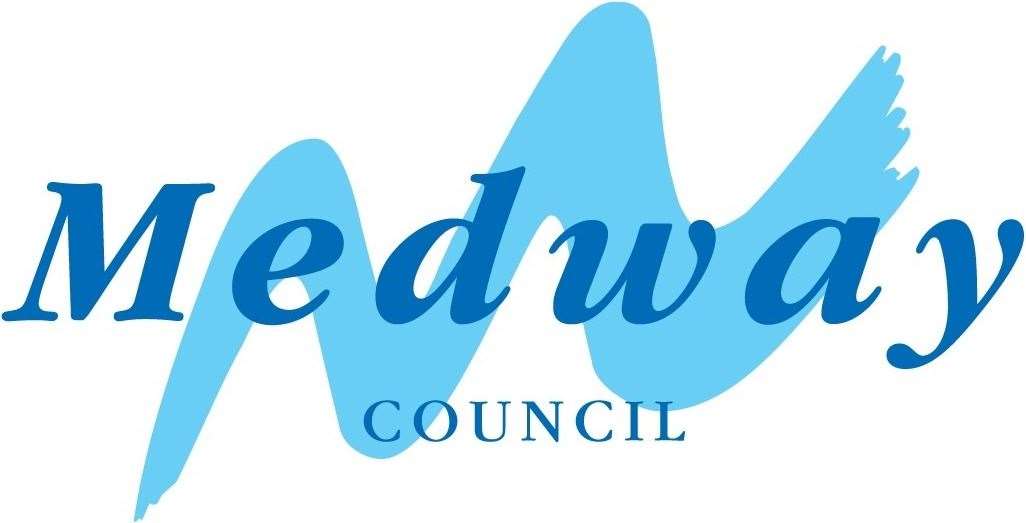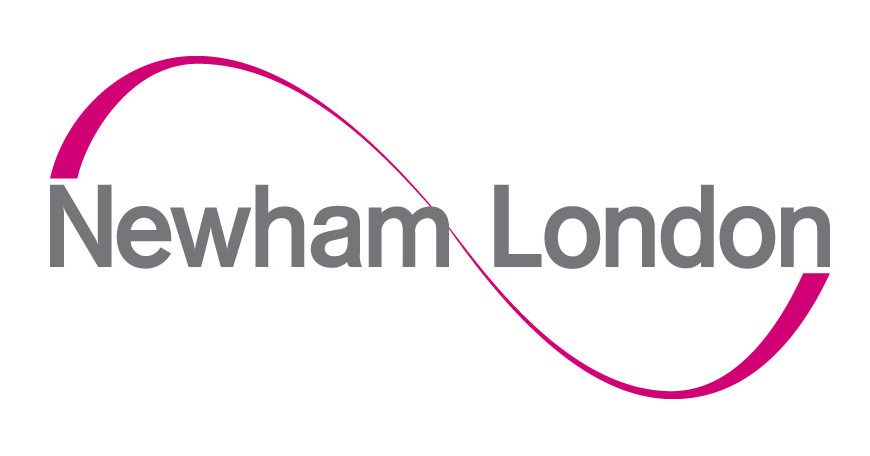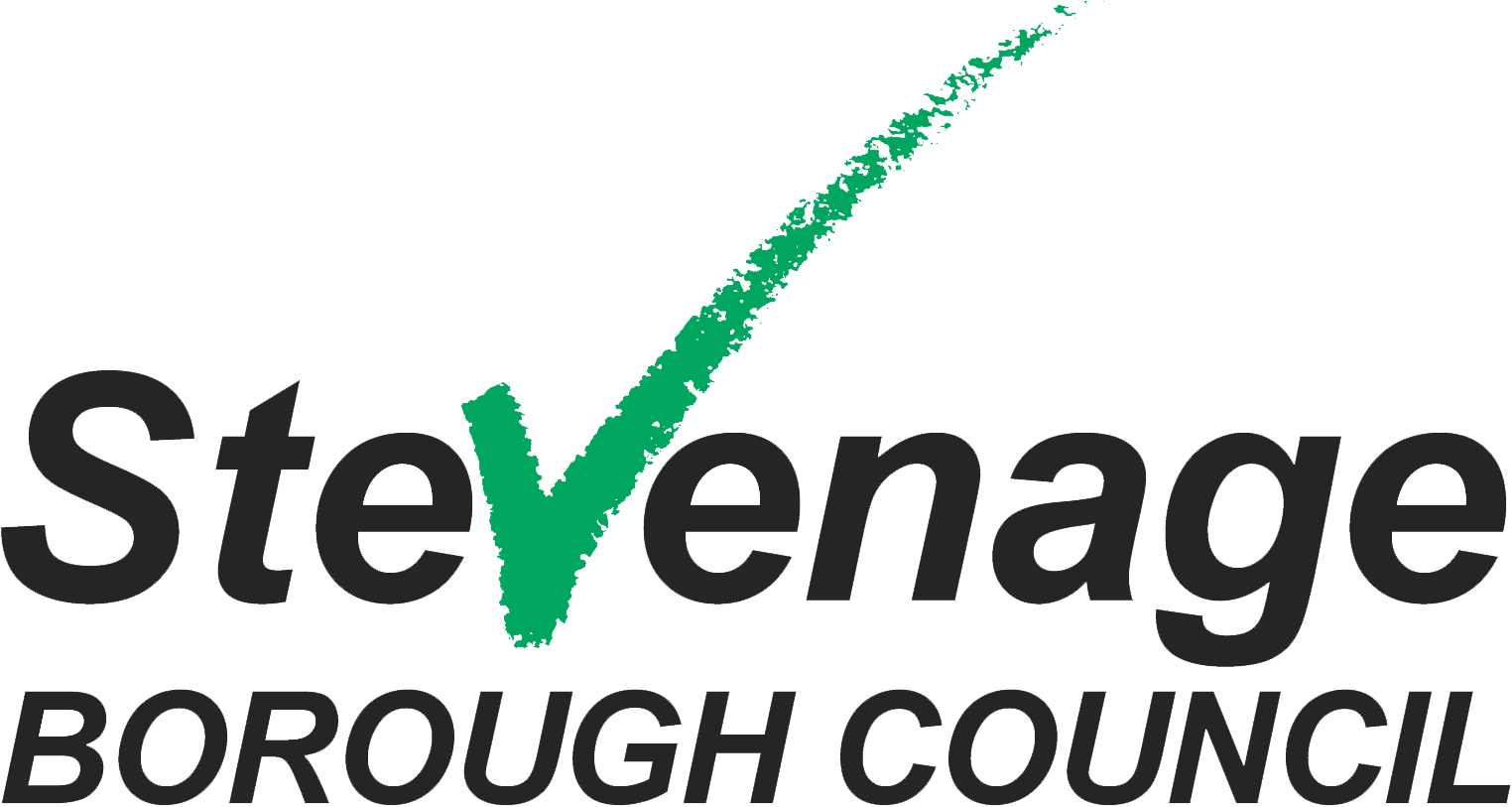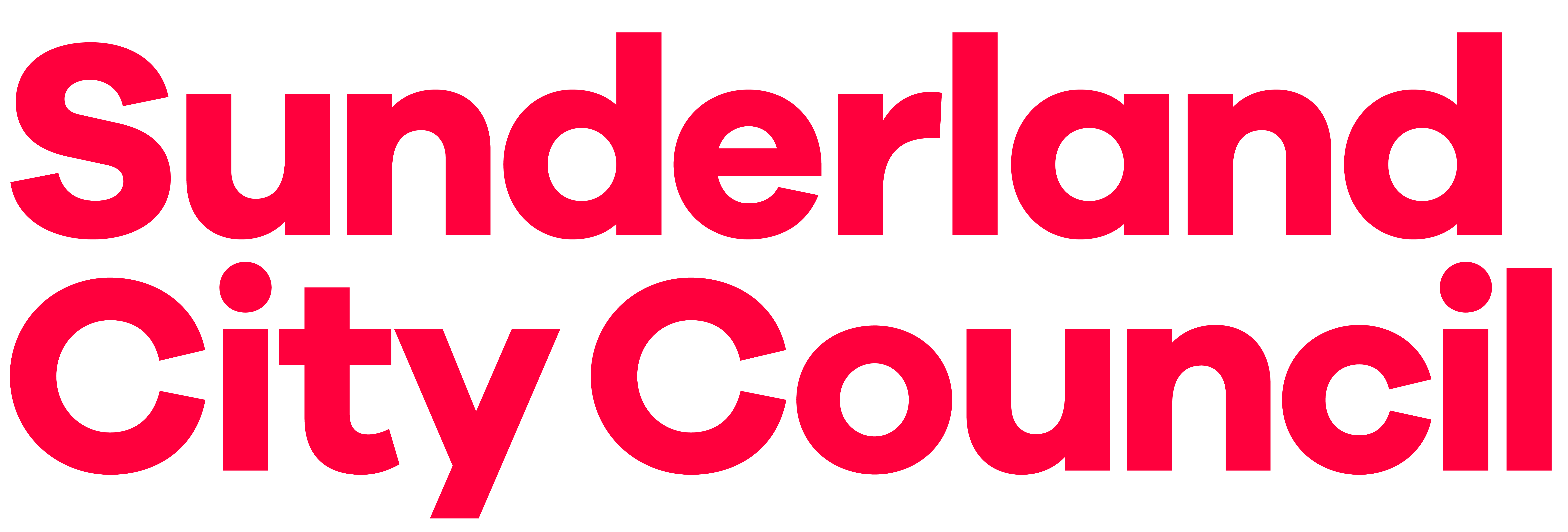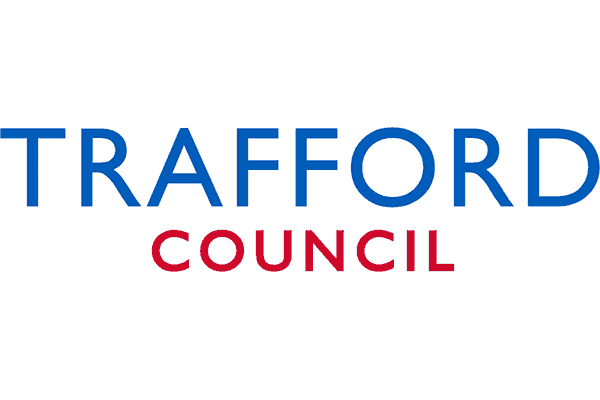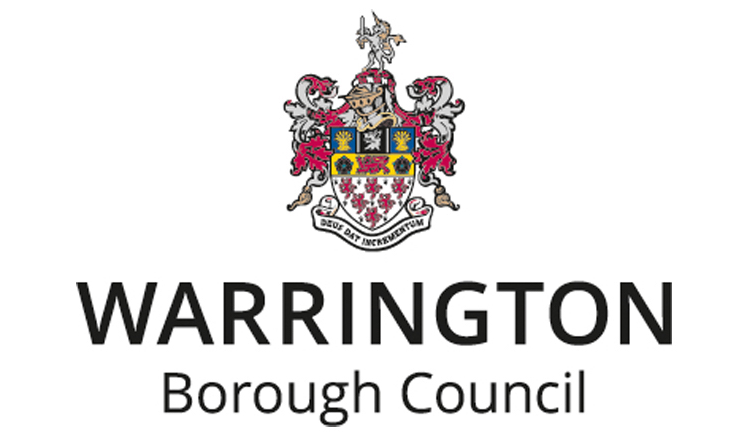Coop Option Training – Legal Structures Deep Dive
21st September 2023 10.00 am – 1.00 pm
This course aims to increase understanding by councils officers and other stakeholders of the cooperative option. This training will consist of three half-day sessions: an introductory session (which will be run twice) and two thematic deep dives. The course builds on the success of the Barefoot training for co-operative and community business advisors and is aimed at:
• Business development workers of local authorities and LEPs
• Community development workers
• Social Enterprise Advisors.
The three sessions cover:
1. An introduction to alternative business models and the related support landscape;
2. Finance options to support alternative business models;
3. Governance models.
Attendees will leave with:
● Knowledge of alternative business models proven to work in the UK economy.
● An understanding of the similarities to, and differences from, more “conventional” business models.
● A knowledge of the support landscape available to alternative business models.
● An understanding of approaches that are effective when supporting groups adopting alternative business models.
For further information contact:
Jonathan Nunn
Policy and Partnerships Manager
Kirklees Council

